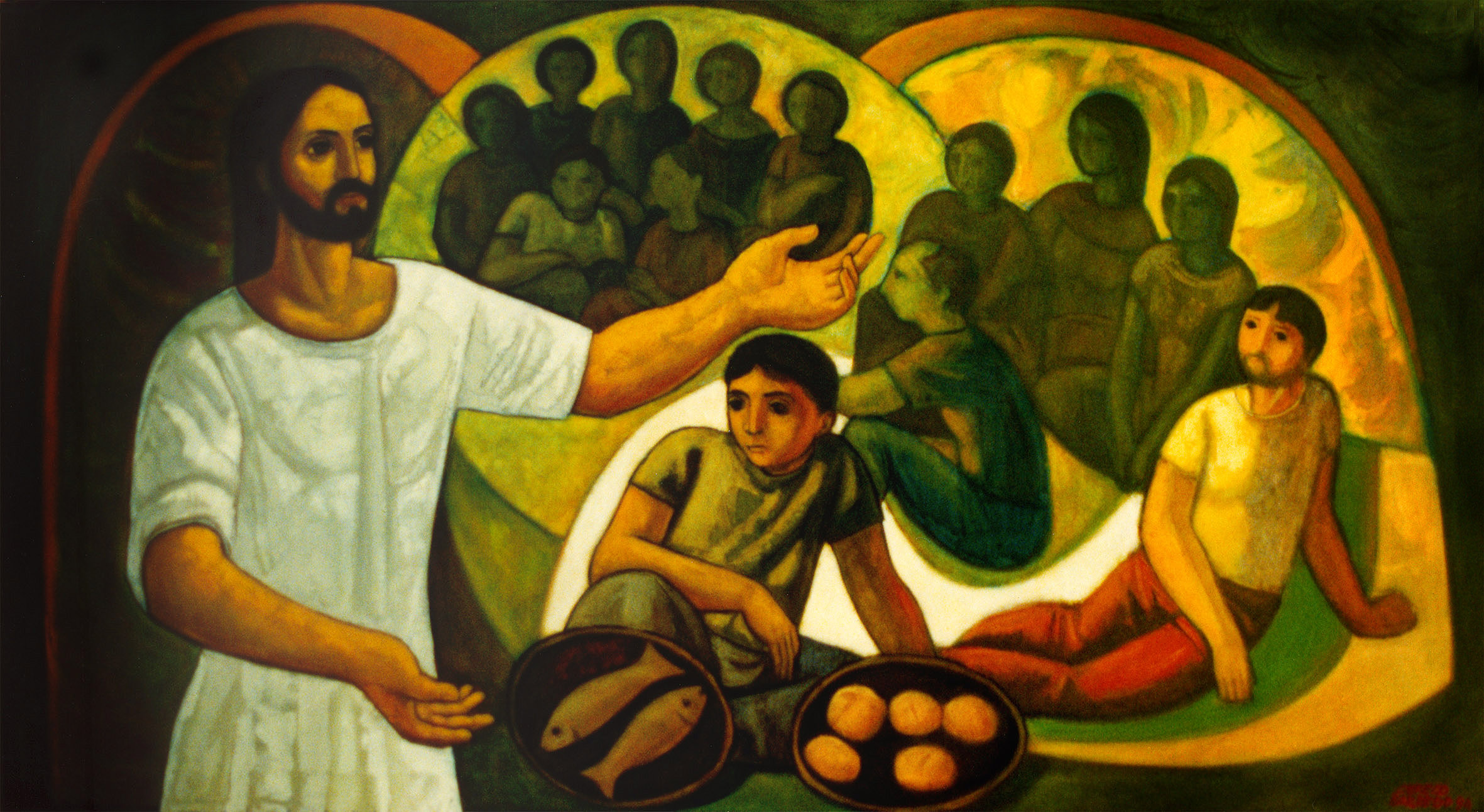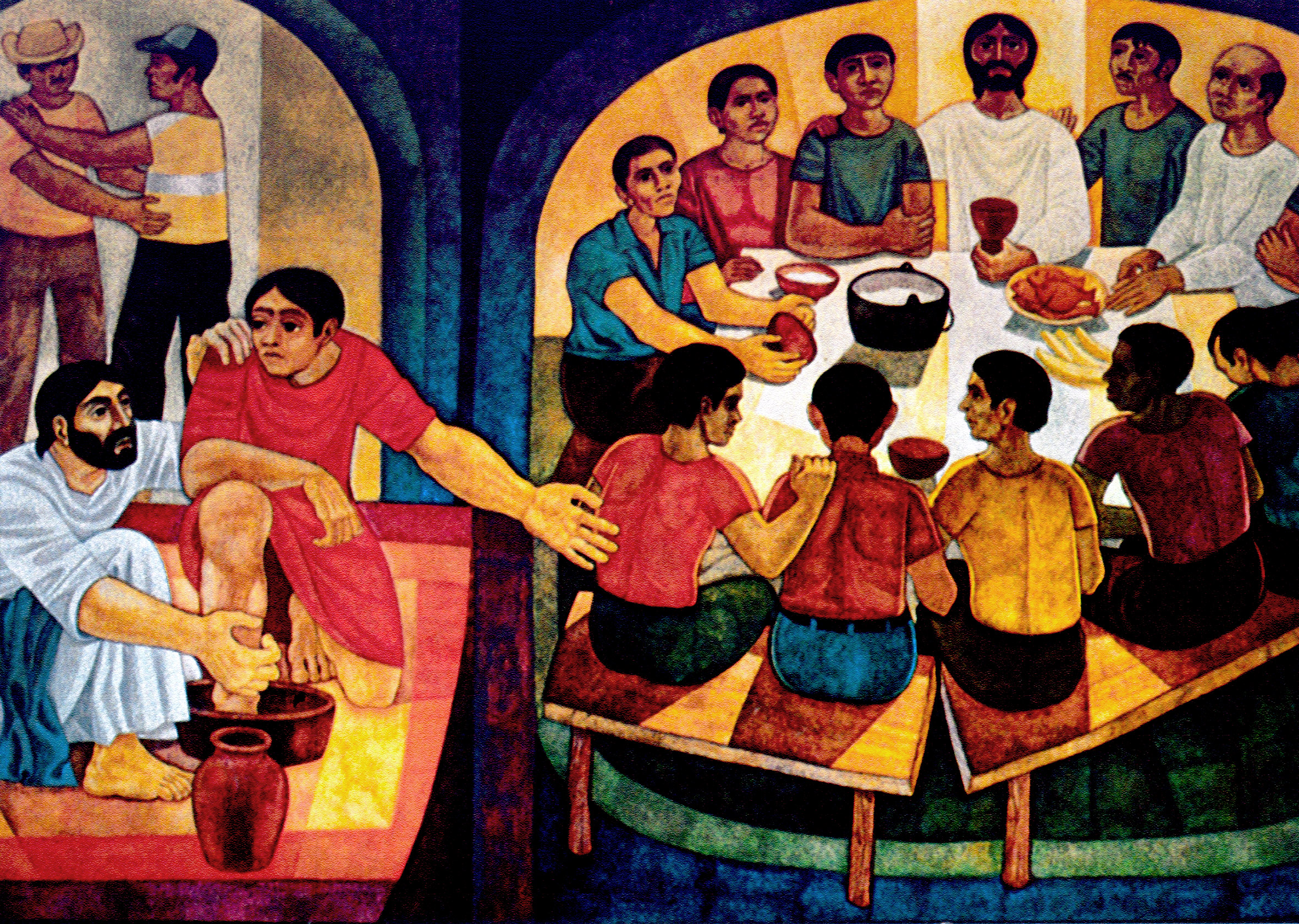
by the Flemish artist Michaelina Wautier. It was painted some time in the 1650s. The painting is in the Kunsthistorisches Museum, Vienna. (Public Domain)
Saint Josemaría Escrivá once said, “Reading has made many saints.” And indeed, many of the saints we admire now started their own spiritual journeys by reading.
Saint Augustine’s conversion journey in the fourth century started with a voice calling out to him: “Tolle lege!” It means “take up and read!” Saint Augustine did just that, picked up the Epistle to the Romans, read it, reflected on it, and so began his spiritual journey. And as we all know, the Church, even the world, would not be the same without him.
Saint Ignatius of Loyola started his spiritual journey after reading about Saints Francis and Dominic. It was the 16th century, he was serving as a military leader during the war when a cannonball struck his leg. Injured, unable to walk, and confined to his bed, he resorted to reading to keep him preoccupied and distracted as he recovered from his disability. Being the consummate soldier that he was, he looked for books on chivalry and military valor but the only books available to him at that time were books on the lives of Saints Francis and Dominic. He read them and soon after, he paused and reasoned to himself, “Saint Dominic did this; therefore I must do it. Saint Francis did this; therefore I must do it.” He got so inspired that he decided to imitate them, and the rest, as we know, was Jesuit history.
Saint Teresa Benedicta of the Cross also had her conversion after reading a book. One fateful night, she was alone waiting at a friend’s house and she happened to pick up a book on Saint Teresa of Avila. She ended up reading the entire book, and when she finished, she closed it and said, “This is the truth.” She later converted and got baptized into the Catholic Church. A few years later, she entered the Carmelite monastery to become a nun and then eventually a martyr and a canonized saint—again a spiritual journey that can be traced back to her deep reading of a book.
The State of Reading Today

Can you imagine a world if Saint Augustine, Saint Ignatius, and Saint Teresa Benedicta of the Cross never picked up those books? Their contributions to society, their deeds, their saintliness, their inspirations and motivations, can all be traced to some deep reading they made where they got to discern the call of God in their lives. But what if they had smartphones and they all got sucked into reading their social media newsfeeds instead of those books? And what about the generation now growing up in the digital age, shaped by smartphones and social media—the generation that Jean Twenge called “iGen?”
Sadly, some of the precious time that could have been devoted to spiritual reading now gets allocated to other things like screen time, checking and consuming copious information via our smartphones and social media. According to a research study, the average person spends 165 minutes per day on social networking sites. That’s almost 3 hours! Did we really just spend 3 hours scrolling through cat videos, viewing our batchmate’s pics of his travel around Europe, or watching our cousin’s latest dance moves?
Deep Reading Replaced
As screen time vies for more of our time, deep reading time is usually the easiest thing to let go. And that may have consequences. Deep reading is a process that taps the part of our brain that is otherwise not easy to get to unless we intentionally make the effort to go deep and really immerse ourselves in the story. Deep reading allows us to analyze and reflect on the wisdom of the saints, the emotional and moral complexities of their lives, and how we can apply their examples in our own lives. As French poet, Marcel Proust, put it: “that which is the end of the book’s wisdom is the beginning of our own.” Nowadays, it is easy for us to make the tail end of a dance craze tiktok video the beginning of our own.
Going Deeper
When Saint Ignatius was at the hospital recovering, he took the opportunity to really get immersed in the stories of Saints Francis and Dominic. I have to admit that I’ve waited in the hospital before and I find checking my social media newsfeed to be a more amusing diversion. Those of us who have social media on our smartphones know how easy it is to get sucked in by these social media algorithms and that the struggle is real to stop scrolling and put the phone away.
It is something to think about during the season of Lent. What are the things keeping us from deeply connecting with God? It takes mindfulness and intentionality to really make space for moments where we can fully absorb, process, and examine stuff in a deeper way. The season of Lent brings us an opportunity to reconfigure our lives and our schedules so that we increase our allocation of our hours towards moments of silence, deep reading, reflection, discernment, and just listening to God’s voice. Social connectivity can be good and useful but the deep connections we make with the saints, who are there to help us connect with God, are priceless and life-changing.
About the Author:
BJ Gonzalvo, PhD, is a psychologist and an immigrant from the Philippines (now living in Washington) whose research focuses on retracing the indigenous roots of his core value of kapwa to help reframe and rediscover the sacredness of our interconnectedness. His writing, where he often integrates culture, psychology, and spirituality, has appeared in Northwest Catholic, Busted Halo, FilCatholic, and Mind & Spirit. He is the author of Lead Like the Saints (Paulines, 2019) and an upcoming book, Gift of Kapwa (2022). @saintlynest










